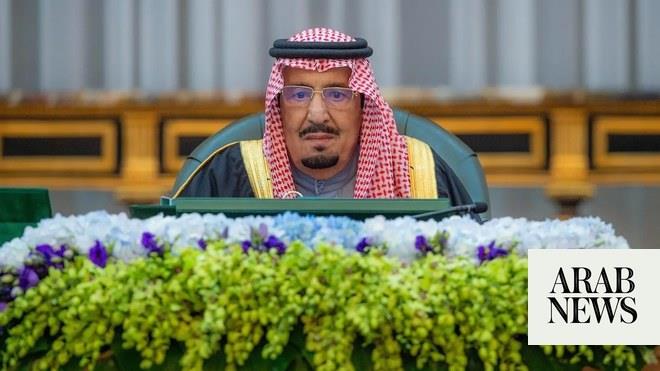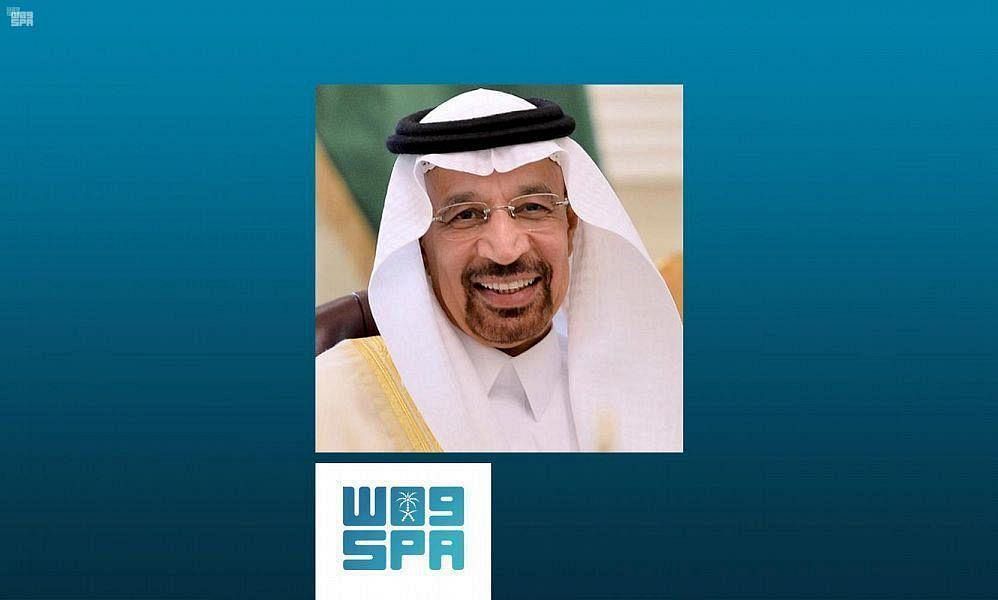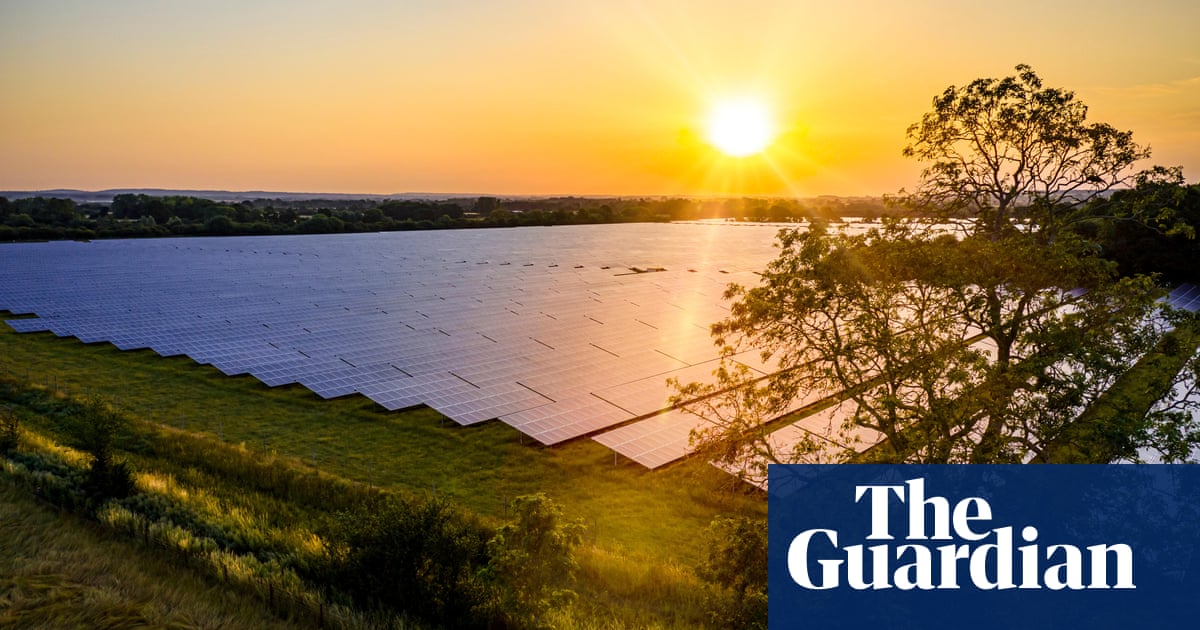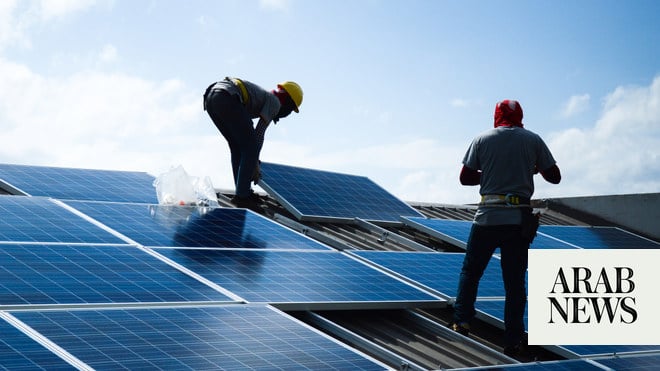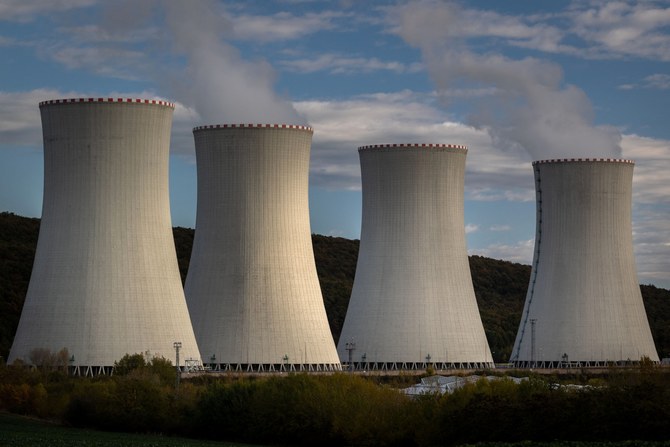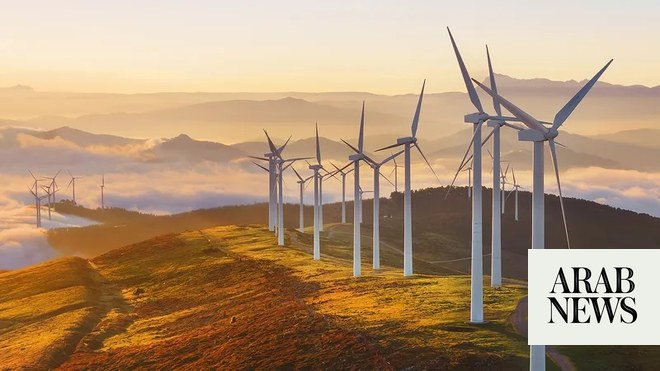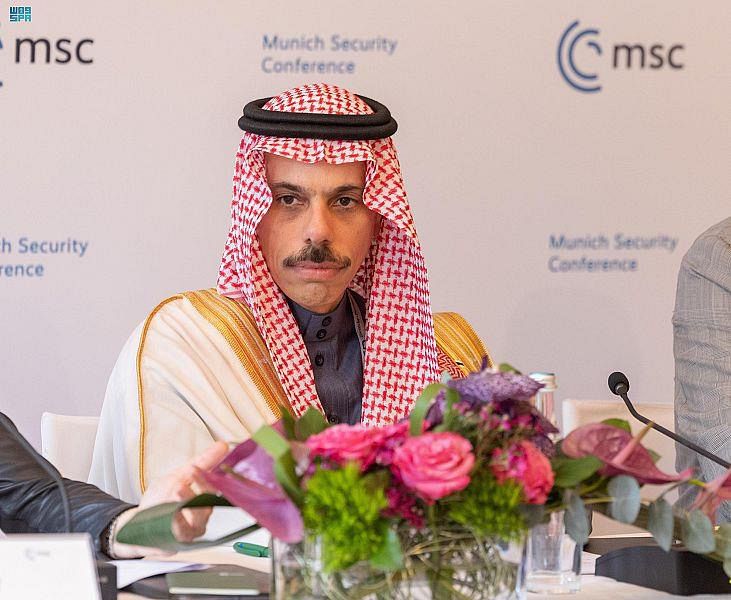
Joint Commission to meet in Riyadh on Oct. 30-31
Dependent on imported LNG, Dhaka facing acute energy crisis
DHAKA: Dhaka will seek Riyadh’s assistance in enhancing energy security and developing clean power sources, its embassy in the Kingdom told Arab News ahead of a meeting of the Bangladesh-Saudi Arabia Joint Commission on Sunday.
Dependent on imported liquefied natural gas, Bangladesh has struggled with an acute energy crisis in recent months as the country tackles surging energy demands.
Since mid-July, the government has resorted to daily power cuts amid high global prices driven by Russia’s war in Ukraine. Industries have been forced to remain idle for several hours a day due to insufficient power to run operations.
In early October, some 80 percent of Bangladesh’s 168 million people were left without electricity after a grid failure, which occurred when more than one-third of the country’s gas-powered units were short of fuel.
When representatives from the Bangladeshi government attend the 14th Joint Commission meeting in Riyadh on Oct. 30-31, they will push for cooperation in the energy sector.
“This will include the import of crude oil and other petrochemicals from KSA to Bangladesh, refinery issues and many more,” Mortuza Zulkar Nain Noman, economic counselor for the Bangladeshi Embassy in Riyadh, told Arab News.
As the power crisis leads to surging production costs in the country, Bangladeshi industries are trying to transition toward clean or renewable energy sources. But such solutions require both technological know-how and heavy investment.
Saudi Arabia has inspired many countries with its programs to pivot away from dependency on fossil fuels, and Bangladesh will explore the possibility of cooperation in this field.
“We are interested in clean energy. A few proposals from the KSA side are made to Bangladesh, which are in different stages of discussion. We will also discuss the same during this Joint Commission meeting,” Noman said. “We are hopeful to sign a few MoUs.”
Energy experts believe that possible long-term agreements signed during the meeting could help Bangladesh build strategic reserves and energy resilience.
“We need some long-term contracts and commitment from the Kingdom for having uninterrupted fuel supply so that we can save ourselves from the price fluctuations in the fuel market,” Prof. Abdul Hasib Chowdhury of Bangladesh University of Engineering and Technology told Arab News.
“We need to build a strategic oil reserve in the country to meet emergency demands for three to six months. It takes years and years with lots of investment. The Kingdom can support us here also.”





